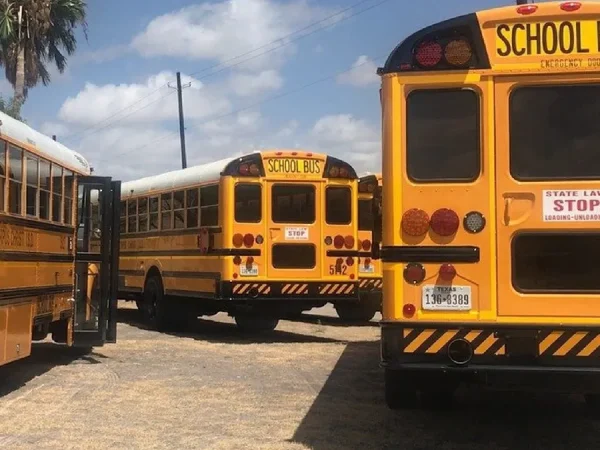Cheating in school – why it’s on the rise, and how it can be stopped
*Opinions expressed in this article represent the views of the editorial board and not necessarily those of the school population or administration.
Academic cheating, the unauthorized use of assistance on school assignments, has been on the rise for the past few decades. Current estimates from the Educational Testing Service suggest that between 75 and 98 percent of today’s college students cheated at some point during their high school careers. The same report states that in the 1940s, only around 20 percent of college students admitted to cheating in high school. There are numerous reasons why students feel compelled to cheat. In the past, cheating was mostly done by students who were struggling to pass their classes. Today, however, high-achieving students are resorting to cheating in order to stay competitive. In a culture in which grades rather than learning matter, cheating may seem like a rational course of action. Many view cheating as simply a means to an end to attain their future aspirations.
The vast majority of people, including those that participate in academic dishonesty, acknowledge that cheating is wrong. While some may not regret their actions, very few would go as far as to encourage cheating. One person who would is Cevin Soling, author of the 2015 Wired article “Why I Think Students Should Cheat.” Soling argues that the entire current academic system is so antithetical to learning that cheating is the natural reaction. He asserts that cramming for a test and forgetting everything when it’s over is no better than cheating on the same test–either way, students aren’t learning anything. He paints students as victims using cheating to stand up to a society that gives them almost no power. Soling then goes further. He writes that students should be praised for the skills required to successfully cheat, and that students who don’t cheat should be looked down upon for having “internalized their oppression.”
Soling makes a few decent points. He’s right about school not encouraging students to learn or accurately measuring how much students learn. However, his portrayal of the school system as an oppressor is ridiculously embellished. He presents an analogy in which a kidnapper will let his victims free if they correctly answer questions. If cheating in this scenario is okay, Soling asks, why is cheating on tests not? This analogy fails on almost every level. Aside from the obvious issue of the scenario being completely implausible, students aren’t going to be killed or tortured if they fail a class. Soling’s article essentially presents two options: cheat and pass, or be honest and fail. It conveniently ignores the students who are able to do well in school without resorting to cheating. With this in mind, his portrayal as school as an oppressor towards helpless victims completely falls apart. To say these students have “internalized their oppression” is ridiculous. Additionally, Soling severely overestimates the skills necessary to cheat successfully. There’s nothing “creative” or “ingenious” about using your phone on a test or asking your friends for the answers. With the advent of modern technology, cheating is easier than it’s ever been.
Cheaters, even those who feel remorse, often justify their actions with the rationale that cheating is a victimless crime. This is far from the truth. The most obvious victims are the students who didn’t cheat. They’re put at a clear disadvantage, especially if the class is graded on a curve. For this reason, students need to make instances of cheating clear to their teachers. There are many reasons they may not: fear of being labelled a “snitch,” not wanting to hurt their friends, or, as mentioned before, viewing it as a victimless crime. However, these students ultimately hurt themselves. We need to de-stigmatize the act of informing authorities about academic dishonesty while re-stigmatizing the act of cheating itself.
Other students may not even view their actions as cheating. Under current Montgomery County Public Schools (MCPS) policy, copying someone’s homework, asking someone in a previous period about a test, and forging a parent’s signature all count as academic dishonesty. I believe that MCPS needs to make the definition of academic dishonesty clearer to students in order to reinforce that these actions do constitute cheating. Additionally, the county needs to increase the punishments for academic dishonesty. As it stands, students who repeatedly cheat in MCPS can receive a maximum punishment of “administrative supported and/or removal responses.” The relatively low level of consequences almost encourages students to cheat, and should be increased. After all, cheating benefits the perpetrator while hurting other students.
For these reasons, I believe that it is the duty of MCPS to update its punishments for cheating, to make its students aware of what cheating is, and to make students aware of why it’s wrong. I also believe that it is the duty of students to hold each other accountable for cheating in order to improve the learning environment for everyone. Otherwise, the cheating epidemic will only get worse.

Brandon Summers is a senior in the SMCS program. This is his first year writing for the Pulse. He is a member of Poolesville’s It’s Academic and Montgomery...









